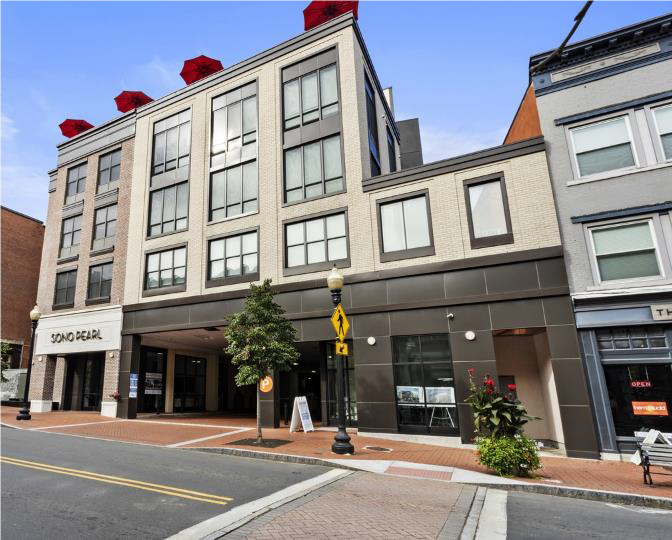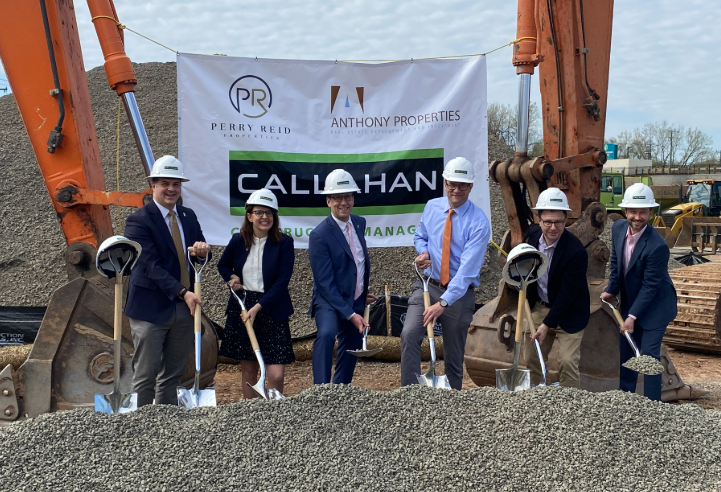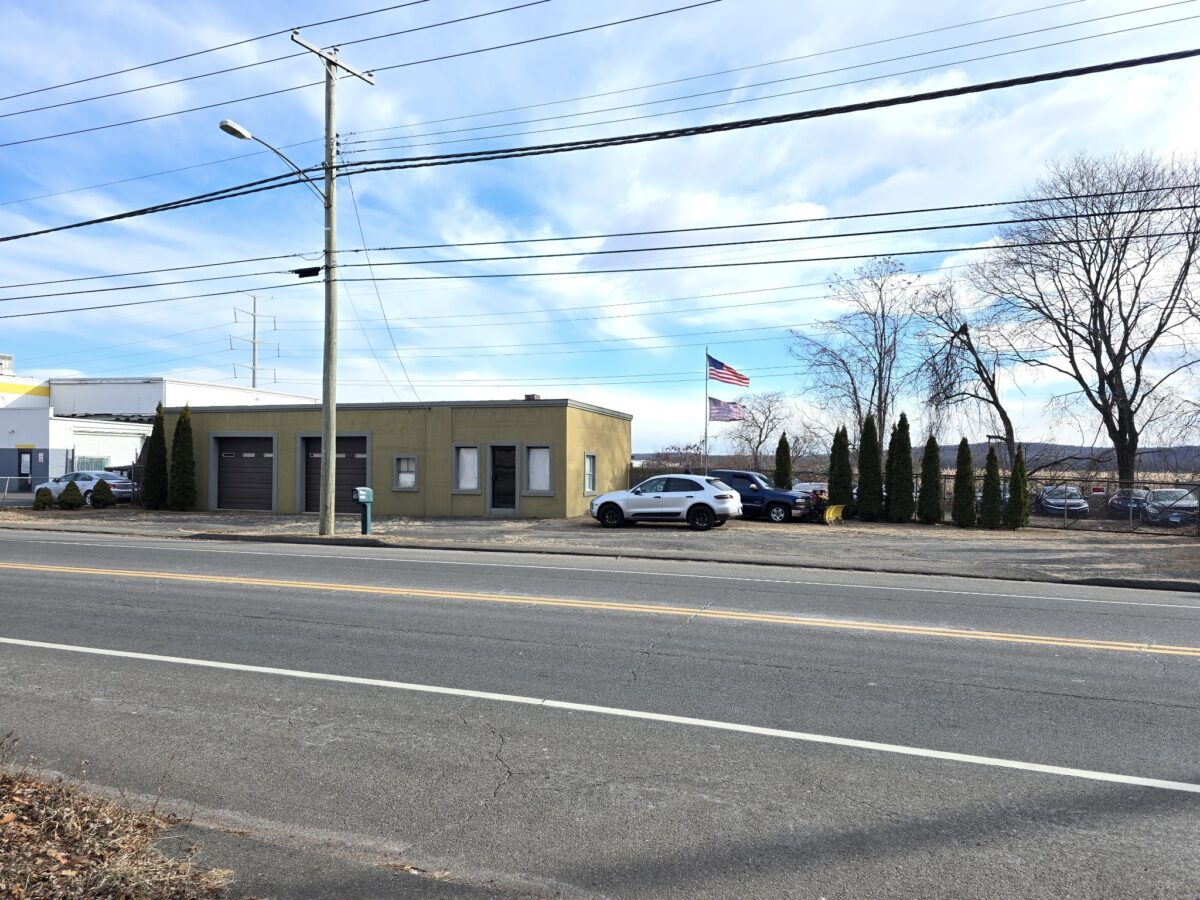News: Connecticut
Posted: September 18, 2007
Upcoming revaluations important topic of discussion in property tax circles
Fall is an important time for commercial property taxpayers in Connecticut. For those that own commercial real estate in municipalities slated to undergo revaluation, October 1 represents the beginning of a process that can stretch into next January and beyond. This year, a number of the state's cities will be undergoing revaluation including Danbury, Middletown, New Britain and Waterbury. In addition, a number of suburban communities with significant commercial development will also be revaluing including East Windsor, Farmington, Glastonbury, Southbury and South Windsor.
The interplay between market trends in commercial real estate and those in residential real estate over the past few years has been an important topic of discussion and legislation in property tax circles. Over that time, residential real estate values have generally increased at a more rapid rate than have commercial real estate values in Connecticut. When it comes time for a municipality to update its grand list by means of a revaluation, this disparate growth creates a "value shift" from the commercial sector to the residential sector. The result is that residential property owners see their assessments and taxes increasing more rapidly than commercial property owners. This situation creates a level of taxpayer dissatisfaction which is then directed at state and local leaders.
In response to this dissatisfaction, there have been several significant changes in property tax law and practice over the last few years. One such change was to increase Connecticut's state-wide revaluation cycle from four to five years. A second change was to permit certain municipalities to delay their revaluations by up to three years. The situation also prompted the Connecticut General Assembly to pass special legislation which allows the City of Hartford to use differential assessment rates to cap annual increases in residential property taxes. Finally, the value shift concern prompted a number of municipalities to phase in their revaluations over two or more years. These state and local actions have created a situation where commercial property owners are often bearing a larger share of the property tax burden than the fair market values of their properties would indicate.
This set of challenges for commercial property owners appears to be in the process of being replaced by a new set of both challenges and opportunities created by the current well-documented turbulence in the capital and real estate markets. Residential properties may now be losing value more rapidly than commercial properties. Thus, the value shift described may be in the process of reversing itself. This in turn would reduce the pressure on governmental leaders to delay or phase in revaluations. In my view, that would be a positive development because it would increase the transparency and predictability of our property tax system.
The challenge for commercial property owners will be to ensure through the revaluation process that any possible value shift from the residential sector is not overstated. To the extent that there is evidence that the market for commercial property is also softening, it is imperative that commercial property owners bring this information to the attention of assessors and their revaluation companies. Such evidence would include decreases in rents obtained, increased concessions to lure tenants, increasing vacancy and increasing capitalization rates. This is particularly important when considering that assessors and revaluation companies will be formulating assessments based on market data that will frequently predate the current market turbulence.
As always, the best time to bring this information forward in the revaluation process is when property owners are invited to schedule informal hearings with assessors or their revaluation companies after receiving notices of their preliminary values. These notices will start arriving as early as next month and may continue into early next year. The majority of informal hearings will occur in November and December of this year. Gathering this data and presenting it at the informal hearings will allow commercial property owners to meet the challenges and take advantage of the opportunities being presented by current market conditions.
Gregory Servodidio is a partner in Pullman & Comley, Inc.'s property valuation practice, Bridgeport, Conn.
Tags:
Connecticut
MORE FROM Connecticut
Highcap Group brokers $41.1 million sale of two building multifamily portfolio
Norwalk, CT Highcap Group has completed the sale of two luxury multifamily properties with a total of 120 units for a combined purchase price of $41.4 million.

Quick Hits







